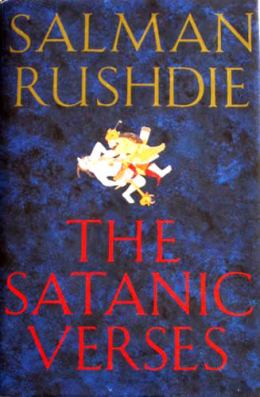
This book sparked riots around the world for what some called a blasphemous treatment of the Islamic faith (throughout the book, Salman Rushdie refers to the Prophet Muhammad as Mahound, the medieval name for the devil). In 1989, five people died in riots in Pakistan and a stone-throwing mob injured 60 people in India. Although Rushdie issued an apology, Iranian spiritual leader Ayatullah Ruhollah Khomeini publicly condemned the Indian-British author to death, putting a $1 million bounty on his head (an Iranian assassin would get $3 million, Khomeini promised). While European nations recalled their diplomats from Tehran, some Muslim authors, like Nobel Prize winner Naguib Mahfouz, defended Rushdie and accused the Ayatullah of “intellectual terrorism.” Meanwhile, Venezuelan officials threatened anyone who owned or read the book with 15 months of prison. Japan fined anyone who sold the English-language edition, and a Japanese translator was subsequently stabbed to death for his involvement with the book. Two major U.S. booksellers — Waldenbooks and Barnes & Noble — removed the book from their shelves after receiving death threats. And while Rushdie’s publisher, Viking Penguin, denounced such “censorship by terrorism and intimidation,” threats of violence forced the company to temporarily close its New York City office to improve security. Under the protection of British authorities, Rushdie lived in hiding for nearly a decade.
